Courses
CASA-Sevilla program participants take courses at both the CASA Center and the University of Seville.
CASA Center Courses
Both Más Allá de los Estereotipos course and the rest of the classes offered at the CASA-Sevilla Center follow the American system in terms of attendance, participation and preparation of daily work.
All CASA-Sevilla program students are required to take the unique course, Más allá de los estereotipos: Encuentros con la historia, sociedad, lengua y cultura de Sevilla (Beyond stereotypes: Encounters with the history, society, language and culture of Seville), which starts before classes begin at the University of Seville and continues throughout the semester. The course involves intensive study of Spanish history, culture, society, and language, and aims to reinforce students' linguistic skills, facilitate their cultural adaptation, and prepare them for classes at the University of Seville. During the course, CASA-Sevilla students actively participate in classes as well as a community organization of their choice, take part in field trips and cultural activities, attend weekly intercultural mentoring sessions, and reflect on their experiences in a personal blog. At the end of the semester, students summarize their learning goals and achievements in an individual research project.
During the semester, students spend 2 hours a week with a community organization and have various opportunities to reflect and share what they learn. Community organizations vary, but have included social service agencies, urban garden, local radio station, and bilingual education. The learning acquired through this experience is one of the cornerstones of the semester in Seville.
Fall
- Más allá de los estereotipos: Encuentros con la historia, sociedad, lengua y cultura de Sevilla (mandatory seminar).
- Historia de España actual (Profesora Inmaculada Cordero Olivero). The main objective of this course is for the students to be able to understand contemporary Spain and, at the end of the semester, give an opinion in a critical, reasonable, and objective way about the situation of the country in which they will have been living for a few months. This implies understanding the difficulty of Spanish history in finding a definitive path towards modernization in every aspect.
- Antropología de la salud y los cuidados en España (Profesora Carmen Mozo González). The main goal of this course is to address an area of social life often conceptualized from limited biological views that do not consider the fact that it is indeed different societies that provide content and meaning to the symptoms associated with the processes of health/sickness. Among other topics, the course analyses the historical configuration of the Spanish health system in relation to the socioeconomic, political, and ideological transformations of the country. Students will be able to observe these issues directly through community engagement in local organizations and through visits in which they will interact with members of the local society.
Spring
- Más allá de los estereotipos: Encuentros con la historia, sociedad, lengua y cultura de Sevilla (mandatory seminar).
- Historia de España actual (Profesora Inmaculada Cordero Olivero). See description above.
- La inmigración en la España actual desde una perspectiva política, legal y social (Profesora Adriana Fillol Mazo). This course analyzes the characteristics of migratory movements and their impact on Spain and the European Union, from a political, legal, and social perspective. At the end of the course students will be able to understand the main challenges Spain and the European Union face in this matter, comparing them with the United States.
University Courses
To find information on courses offered by the University of Seville, check this list organized by course tracks. To access more detailed course information you must click on the course title and then on “Programas y Proyectos”. Available course options depend on the term you will be in Seville: students who are abroad only for the fall semester must choose First Semester Courses (C1); students who are abroad only for the spring semester must choose Second Semester Courses (C2).
To find course and exam schedules, classroom information, faculty contact, and institutional updates, you can also click on the links of the Facultades that interest you in the section Partner Institution.
Students should remember that there are some significant differences between the Spanish and American educational systems. Spanish students choose a career before entering the University, and during that time, they only attend classes in a single Facultad within their chosen specialty. Therefore, courses are more specialized than those in the U.S., and students typically enter their program with deeper knowledge of the discipline. Each Faculty also follows its own system: schedules, teachers, classrooms, start and end of classes, exam calendar, etc. It is easy to understand for Spanish students — who must only assimilate to the system of a single Facultad — but often challenging for program students when they attend classes in different Facultades. It is therefore highly recommended that U.S. students interact with local classmates and ask for their help when in doubt.
If you have questions or concerns, you can send an email to Dr. Eva Infante, Director of the program, at [email protected].











